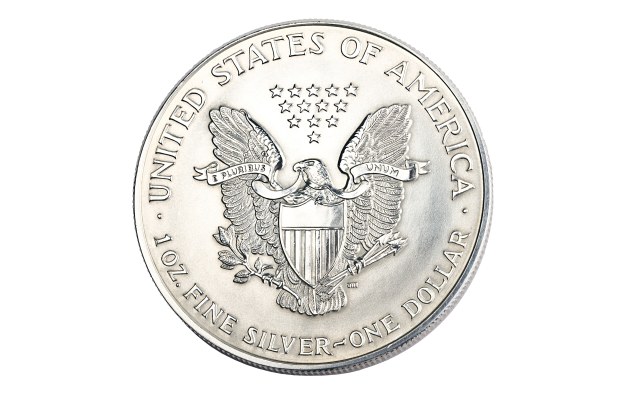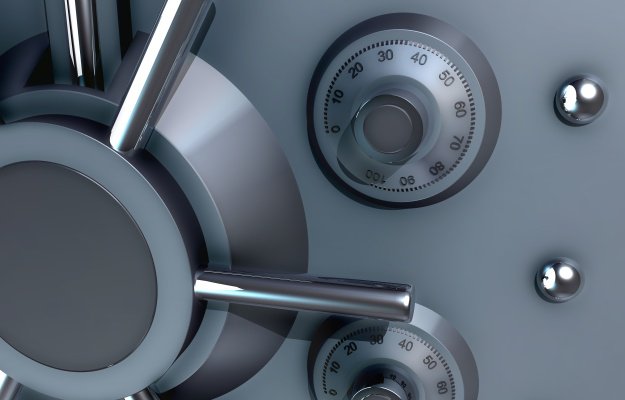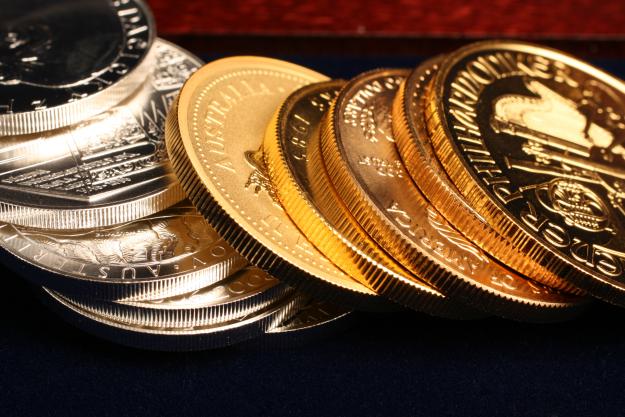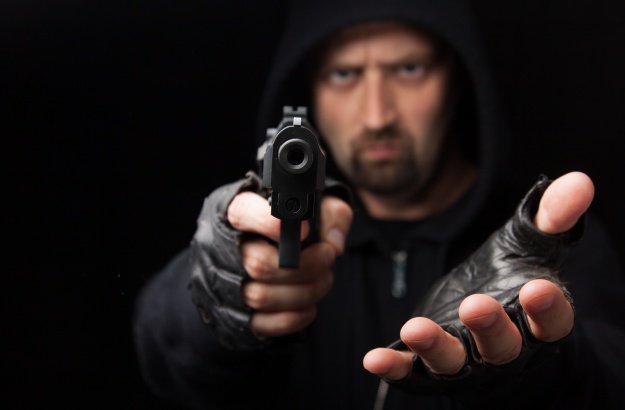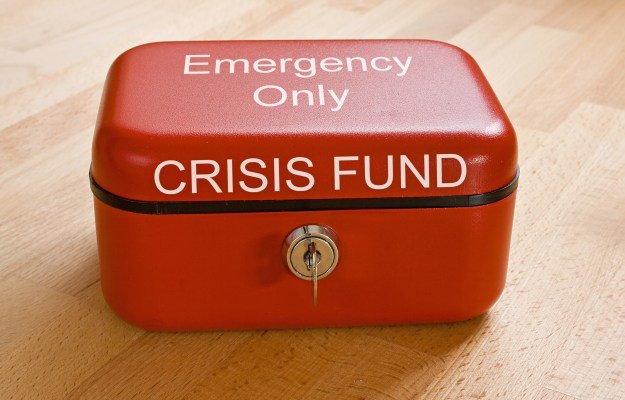Personal Finance
How To Crash-Proof Your Emergency Fund
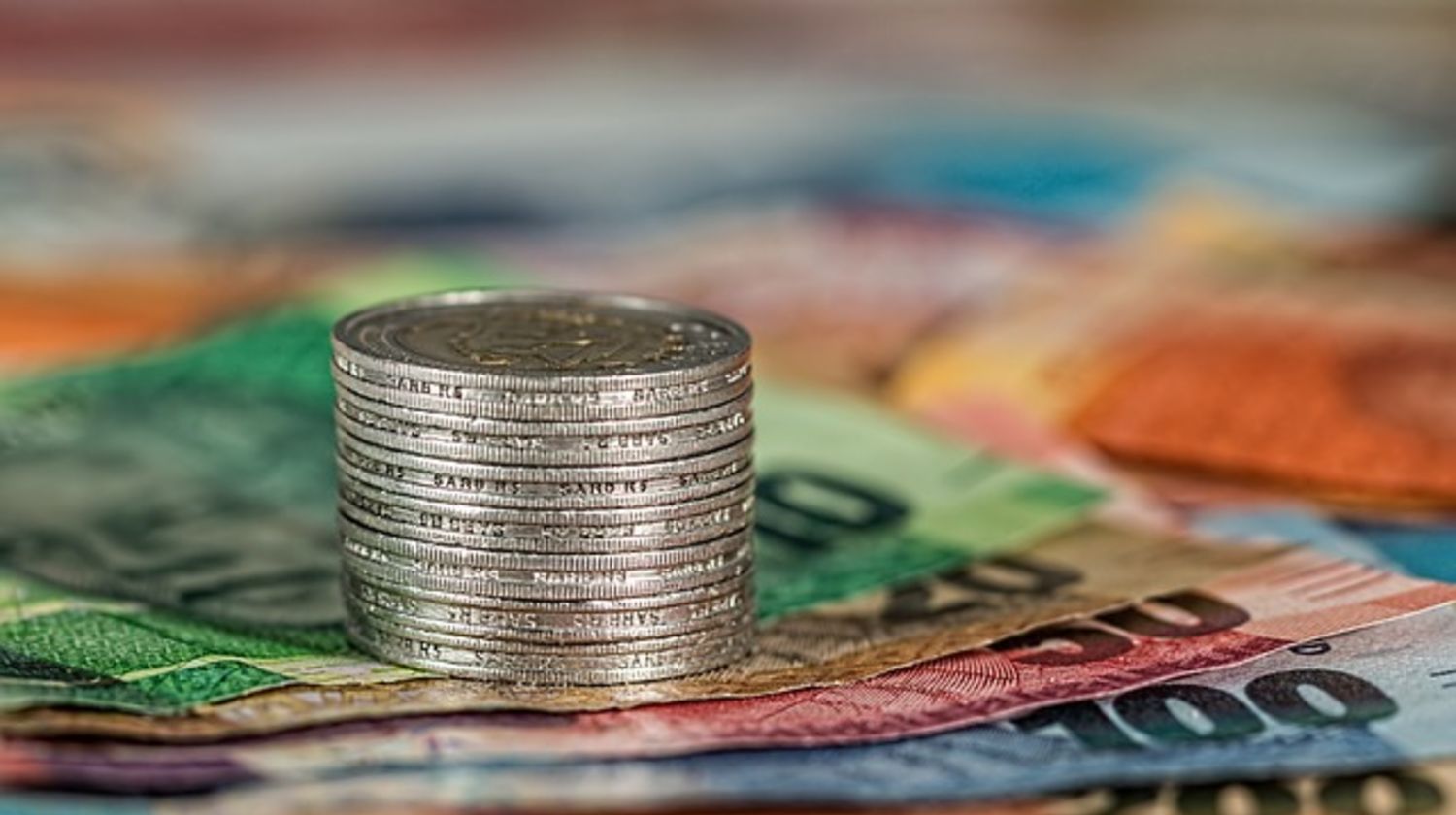
I see a lot of debate about having a gold and silver emergency fund. Some would swear by it while others claim that you shouldn't bother. US dollars are fine for an “everyday” emergency, but let’s face it – it’s likely you are preparing in the first place because the dollar is failing. Let’s cut the hype and I’ll show you how real emergency savings can save you in a crisis.
1. Keep it Accessible.
An emergency fund won’t work if you can’t get to it. That means no banks or safety deposit boxes. In a financial crisis, your bank will be the first place to close. And last I checked, you can’t get gold from an ATM. So store your gold and silver emergency fund at home or at another trusted, accessible location.
Your fund must also be portable. If you had evacuate or change locations in an emergency, don’t try to carry 75 pounds of silver on your back. For one to four people, 100-200 ounces of silver and a few ounces of gold should do the trick. Scale up for larger families.
2. Keep it Valuable.
One question for your gold and silver emergency fund – how much? The total value (in today’s dollars) should be about $5000 to $10,000, depending on family size. And you’ll need both gold and silver. Silver is the workhorse and will be used for everyday purchases, like food or fuel. Gold will be used as a store of wealth and portability (1 oz. gold = 5 lbs. silver).
3. Keep it Secure.
Don’t hide it under your mattress. A quality burglary-fire safe is the best protection. Don’t buy a cheapo model from Home Depot. And most gun safes aren’t up to the task, either. Good ones have a UL security rating.
For more information, check out this safe ratings guide. Even a heavy safe can be removed by a couple of strong thieves. So bolt your safe to the floor in a concealed location. Avoid the master bedroom – it’s the first place thieves look.
4. Keep it Expendable.
If you hold a large amount of gold or silver, you may become a target for thieves… or government confiscation. So keep your emergency fund limited to what you can afford to lose.
Remember, the crisis won’t last forever and it’s not worth being murdered because you wouldn’t give up $100,000 in gold sitting in your safe. Lower the stakes and stay alive.
5. Keep it a Secret.
The best protection from thieves starts by not letting them know what you have. Usually it’s the wrong person overhearing an innocent conversation that tips a thief off. So don’t talk about your emergency fund out in public or with anyone outside your most trusted circle of family and friends.
And when you do tell someone, maybe because you are trying to help them do the same, emphasize the importance of secrecy.
6. Keep it Spendable.
A common mistake is to buy gold and silver at the lowest possible cost. Bullion bars may have a slightly lower premium than bullion coins, but you will pay the price later. Bars often require an assay to verify purity and weight. And bars are also easy to counterfeit by silver or gold plating low cost metals like tungsten.
So set up your emergency fund with 1 ounce bullion coins minted by large governments and purchased from a reputable dealer. Examples are the American Eagle, Canadian Maple Leaf and Austrian Philharmonic. These are recognized worldwide and are more difficult to counterfeit (though there are fakes made in China – check out Mike Maloney’s video on how to avoid fakes).
Another option is so-called “junk” silver. Most US coins minted prior to 1965 contain 35%, 40% or 90% silver (http://en.wikipedia.org/wiki/Junk_silver). In an emergency, you want to keep things simple. So my first recommendation is to stick with 1 ounce bullion coins. But if you want some “junk” silver to supplement your fund, get a bag of 90% coins.
7. Keep it Easy When You Buy.
Do some research to find a reputable, competitive dealer. Don’t buy on price alone. Some dealers hound you with pushy sales calls and are just not worth the hassle. Others may be out of stock, putting your order on hold for weeks… or even months.
And worst case is they may have counterfeit coins. You can buy locally or online. Reputable online dealers (like Kitco.com) will ship in discreet packages that are fully insured with verified genuine coins. If you are unsure about a local dealer, test them with a small order first, then ramp up if they do well.

